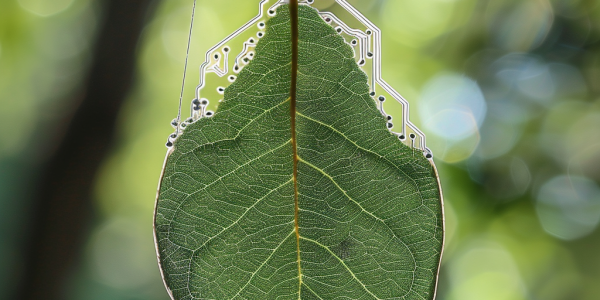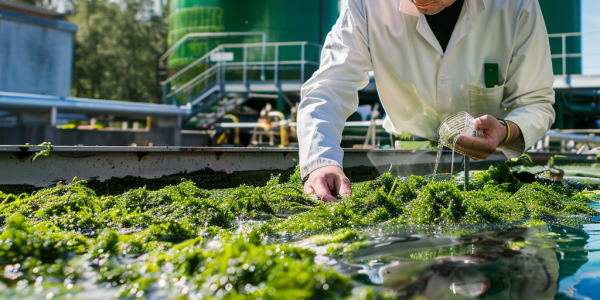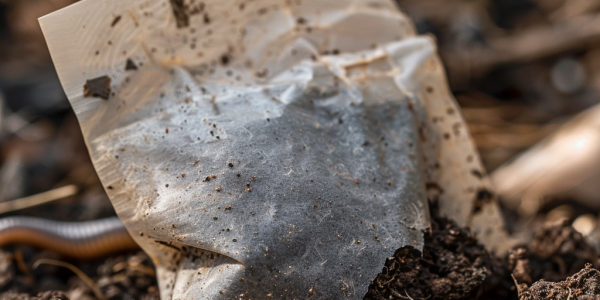Revolutionary Leaf-Based Circuit Boards Offer Sustainable Solution to E-Waste
Researchers have unveiled a groundbreaking method to create circuit boards from tree leaves, a sustainable alternative to traditional printed circuit boards (PCBs). This innovative approach, known as ‘leaftronics,’ aims to combat the growing electronic waste crisis, which reached 62 million tons in 2022. By utilizing the natural strength of leaves, this technology offers a biodegradable solution that could revolutionize the electronics industry and promote eco-friendly practices.
WHOI Scientists Unveil Fast-Degrading Bioplastic as Solution to Ocean Pollution
Scientists at WHOI have unveiled a revolutionary bioplastic, cellulose diacetate (CDA), that degrades 15 times faster in seawater than traditional plastics like Styrofoam. This sustainable material, developed to combat marine pollution, shows promising results, losing up to 70% of its mass in just 36 weeks. The study highlights the urgent need for biodegradable alternatives to reduce plastic waste and protect marine ecosystems.
Umeå University’s Waste2Plastic Project Secures SEK 15 Million for Biodegradable Plastics
Umeå University’s Waste2Plastic project has received SEK 15 million from the Swedish Energy Agency to develop biodegradable plastics from microalgae in wastewater. This initiative aims to create sustainable alternatives to fossil fuel-based plastics, addressing the global plastic pollution crisis while promoting a circular economy.
Study Finds ‘Biodegradable’ Teabags May Not Degrade Easily, Poses Potential Harm to Terrestrial Species
Recent research from the University of Plymouth reveals that teabags marketed as ‘biodegradable’ may not easily deteriorate, posing harm to terrestrial species. Teabags made from polylactic acid (PLA) and cellulose-PLA blends showed limited degradation in soil, with some components persisting. The study emphasizes the need for clear disposal instructions on packaging to prevent incorrect disposal practices and mitigate environmental impacts.




